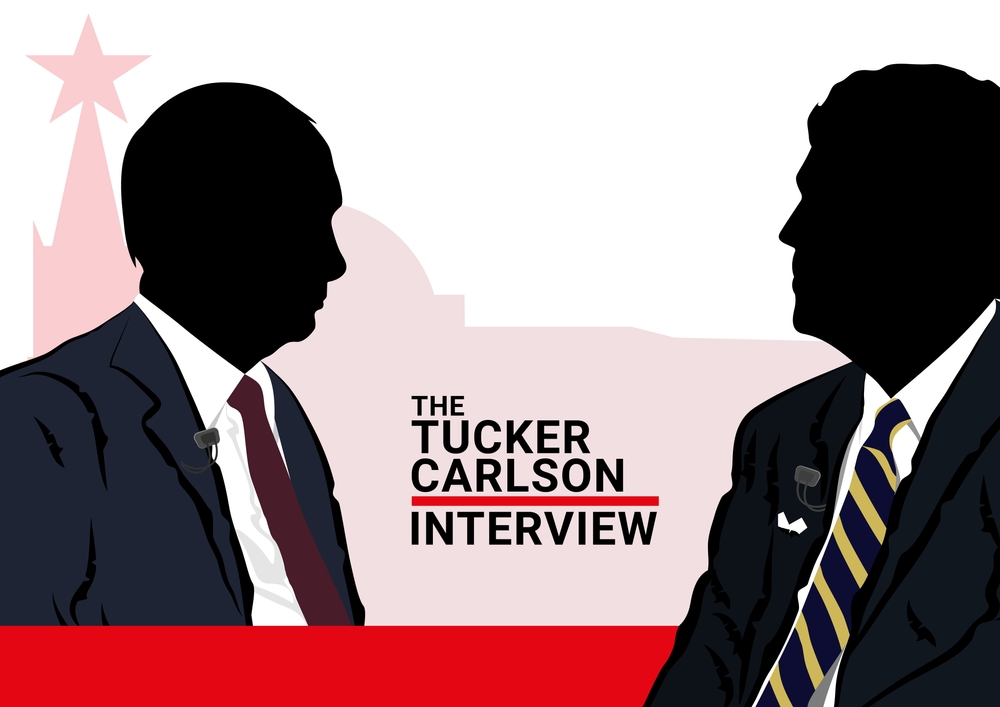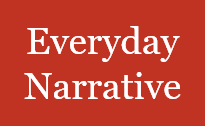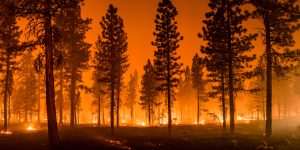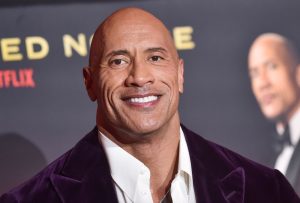Copyright © Everyday Narrative 2024. All rights reserved.
Yesterday, Tucker Carlson teased about an upcoming interview with Vladimir Putin on X.com (formerly known as Twitter). In the video, he confirmed his trip to Moscow for the interview, highlighting the risks involved but considering it his duty to “inform people” about the ongoing war between Russia and Ukraine. He critiqued the American media for misleading the public and emphasized his commitment to American prosperity and freedom, rather than any particular affinity for Putin.
This announcement is part of Carlson’s longstanding effort to secure a one-on-one interview with the Russian leader, despite previous controversies over his statements favoring Russia and critiquing US and NATO policies.

If true, this would be Putin’s first interview with an American since the invasion of Ukraine began in February 2022. Such an interview would align with Carlson’s pattern of engaging with contentious subjects and figures.
A Well-Trodden Path
Throughout history, there have been numerous controversial interviews that stirred public and political discourse. For instance, David Frost’s series of interviews with Richard Nixon in 1977, where Nixon expressed remorse over the Watergate scandal, is a landmark moment in television history. The interview was pivotal in shaping Nixon’s post-presidency legacy, highlighting the power of media in political discourse. Similarly, the 1995 interview of Princess Diana by Martin Bashir, where she openly discussed her personal and marital issues, drew worldwide attention and later scrutiny over the ethics of obtaining the interview.
Controversial interviews have often served as flashpoints in public discourse, drawing attention not just for the personalities involved but for the issues and emotions they lay bare. Here are a few additional examples:
- Barbara Walters and Monica Lewinsky (1999): This interview, watched by millions, delved into Lewinsky’s affair with President Bill Clinton. Walters’ probing questions and Lewinsky’s candid responses made it one of the most-watched interviews in television history, raising discussions on media, privacy, and power dynamics in personal relationships.
- Michael Jackson interviewed by Martin Bashir (2003): In the documentary “Living with Michael Jackson,” Bashir spent several months with Jackson, revealing aspects of the pop star’s life that had previously been hidden from the public eye. The portrayal of Jackson’s relationships with young boys reignited controversies and led to a public outcry, impacting Jackson’s career and public image significantly.
- Diane Sawyer and Britney Spears (2003): This interview is often cited in discussions about the media’s treatment of young female celebrities. Critics have pointed out how questions about Spears’ personal life, mental health, and sexuality were handled, arguing it reflected broader issues of media ethics and the pressures faced by women in the spotlight.
- Oprah Winfrey and Lance Armstrong (2013): After years of denial, Armstrong admitted to using performance-enhancing drugs during his cycling career in this highly publicized interview. The confession, and Oprah’s handling of it, sparked debates on sports ethics, the cult of personality in athletics, and the consequences of lying in the public eye.
- BBC’s Prince Andrew Interview (2019): In this disastrous interview, Prince Andrew attempted to address his connections with convicted sex offender Jeffrey Epstein and allegations against him. The interview was widely criticized for the Prince’s responses and demeanor, leading to further scrutiny and his step back from public duties.
- Gayle King and R. Kelly (2019): This intense interview featured R. Kelly addressing charges of sexual abuse. Kelly’s emotional outburst and King’s composed demeanor throughout the interview highlighted issues of accountability, victimization, and the complexities of discussing abuse allegations publicly.
Fallout Assured
Such interviews share a common thread in that they all generated significant reaction, prompted discussions on various societal issues, and in many cases, had lasting impacts on the individuals involved. They underline the power of the media to shape narratives and the responsibility borne by both interviewers and interviewees in navigating complex and sensitive topics.
If Carlson does achieve his interview as eluded to, it would be the achievement of an enduring mission. He has long expressed a desire to interview Putin. Successfully securing and conducting this interview, especially given the geopolitical context and Carlson’s own contentious positions on Russia and the US, would mark the realization of a goal he’s been pursuing for years.



